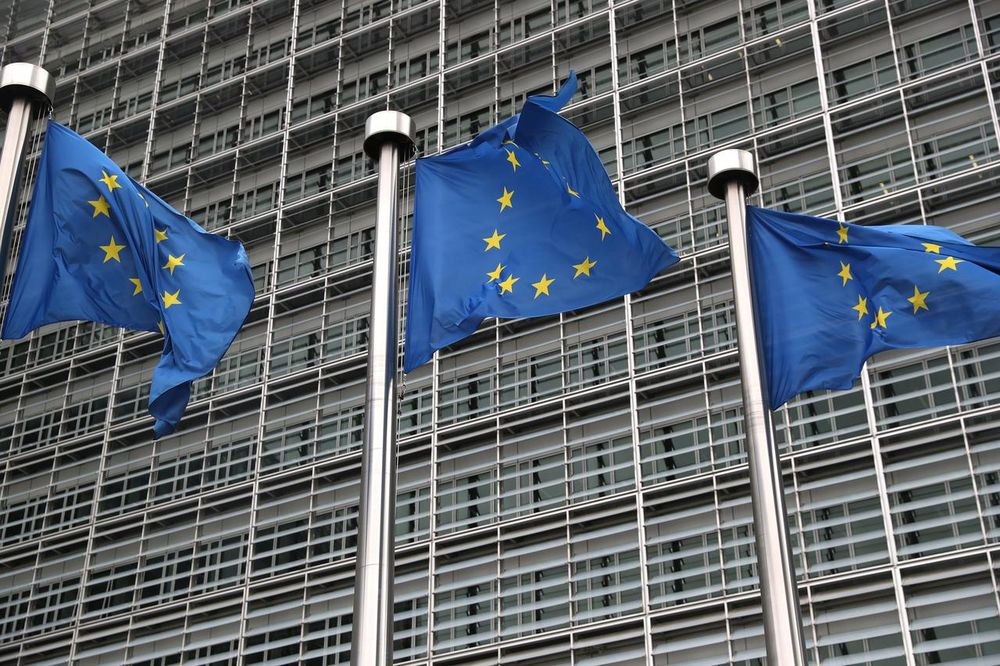BEIJING, May 7 — The European Union ambassador to China said on Thursday it was “regrettable” that part of an opinion piece co-authored by 27 European ambassadors and published in the official China Daily had been removed before publication.
A comparison between the original op-ed uploaded onto the EU embassy website and the one published on Tuesday by the China Daily showed that in a sentence beginning, “But the outbreak of the coronavirus”, the words that followed — “in China, and its subsequent spread to the rest of the world over the past three months” — were removed.
“It is regrettable that part of the sentence about the spread of the virus has been edited,” EU Ambassador to China Nicolas Chapuis told reporters at a briefing.
The China Daily could not immediately be reached for comment.
The EU ambassadors had submitted the opinion piece to mark the 45th anniversary of diplomatic relations between the EU and China. The full version appears on the websites of EU embassies to China, including on that of the French embassy.
Chapuis refused to comment on why the words may have been taken out. A senior EU diplomat told Reuters that the change arose from censorship by Chinese authorities but that individual EU ambassadors were not properly consulted about whether to go ahead with publication in The China Daily, despite censors.
The European Commission, the EU executive, defended the decision by the EU delegation to Beijing on Thursday.
“The EU delegation decided nevertheless to proceed with publication of the op-ed with considerable reluctance as it was considered important to communicate on key EU policies,” the Commission said in its daily news briefing in Brussels.
The Commission said the opinion piece, although censored, still made clear the EU’s concerns on human rights in China, as well as the EU’s views on climate change policies and on the response to the coronavirus pandemic.
China is locked in a war of words with the United States over the outbreak, including its origin, which has been traced to a seafood market in the central Chinese city of Wuhan.
Beijing has also sought to pressure the EU not to publish what Brussels has said was Chinese disinformation online about the coronavirus, according to diplomatic correspondence seen by Reuters in April. — Reuters






















